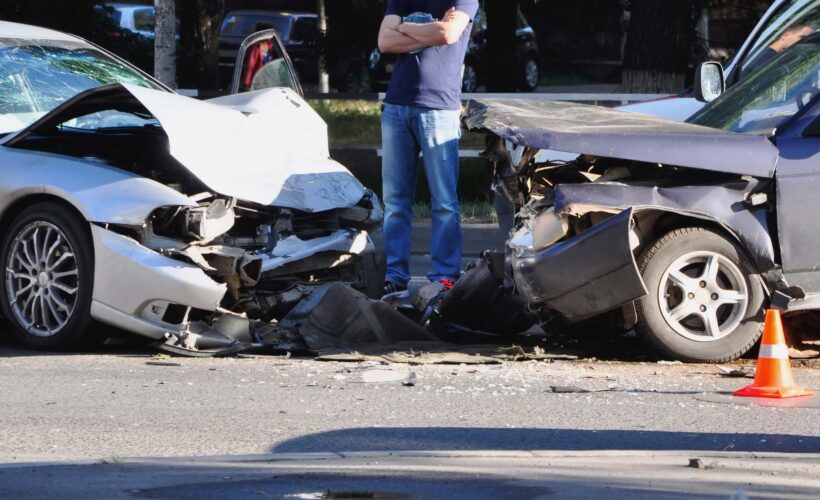
Car accidents can be life-altering. Being involved in a crash is usually among the least worries for most people, either because they are careful drivers or have bigger issues to mull over.
Yet the number of accident fatalities rose in 2020, even with the movement restrictions meant to curb the spread of COVID-19. This means that despite obeying all traffic rules, you can still be involved in an accident.
The aftermath is usually a period of physical pain from injuries, financial stress due to unforeseen expenditures, emotional pain to loved ones, and lost wages. All these can affect your mental health and make it difficult for you to cope with the situation properly. It’s important to understand how a car accident can affect your overall health and what you can do about it to make it easier.
How a Car Accident Affects Your Health
Physical Injuries
Physical injuries arise from the impact when your car hits another vehicle or object. Your body may hit the steering wheel, front chair, or windshield if you had not fastened your seatbelt. Injuries can also arise when you are thrown out of the vehicle and hit the road or when vehicles burst into flames.
Some of the most common physical injuries include fractures, cuts, scrapes, broken joints, and burns. The pain associated with physical injuries can be so severe that you need medication or have to take days off work.
Delayed Injuries
It is not uncommon for pain and other injuries to start manifesting days or weeks after a car accident. These are known as delayed injuries and are pretty common among crash victims.
After an accident, the body naturally produces adrenaline, a hormone that alleviates pain in the body. Thus, a present injury might not feel painful immediately after a crash only to manifest later as a tissue or muscle injury. Common delayed injuries include shoulder pain, whiplash, back, and joint pain.
Mental Health Well-being
Your mental health can suffer significantly after a car accident, and it is worse if there were fatalities.
The trauma associated with witnessing a crash can cause life-altering post-traumatic stress disorder (PTSD). Many victims also experience acute anxiety and depressive episodes weeks or even months after the incident.
What You Can Do About It
Get Immediate Medical Attention
When an accident occurs, call an ambulance or drive to a hospital if you are in a position to. Remember to mention that you have been involved in a vehicle crash so the doctor knows what type of injuries to examine.
Getting immediate medical attention prevents any injuries from getting worse and can detect the possibility of a delayed injury. Ensure that you follow through with the treatments to get your health back on track faster.
Professional Mental Health Support
If the aftermath of a crash is taking a toll on your mental health, consider seeing a professional counselor. Your doctor might suggest this after a medical assessment or you can consult one of your own accords.
Alternatively, you can surround yourself with the support of friends and family to improve your moods and prevent you from sliding into negative thoughts.
Get Legal Advice
A car accident comes with its fair share of legal complexities. If you caused the crash, you might be facing a lawsuit or even criminal charges. If the accident was due to another party’s negligence, you’ll still need to claim compensation from your insurance company or the other driver through a lawsuit.
Dealing with these legal issues will require the support of experienced personal injury attorneys, such as those from The Kindley Firm, APC. This way, you can focus on recovering faster while still taking care of other important issues, like seeking compensation.

